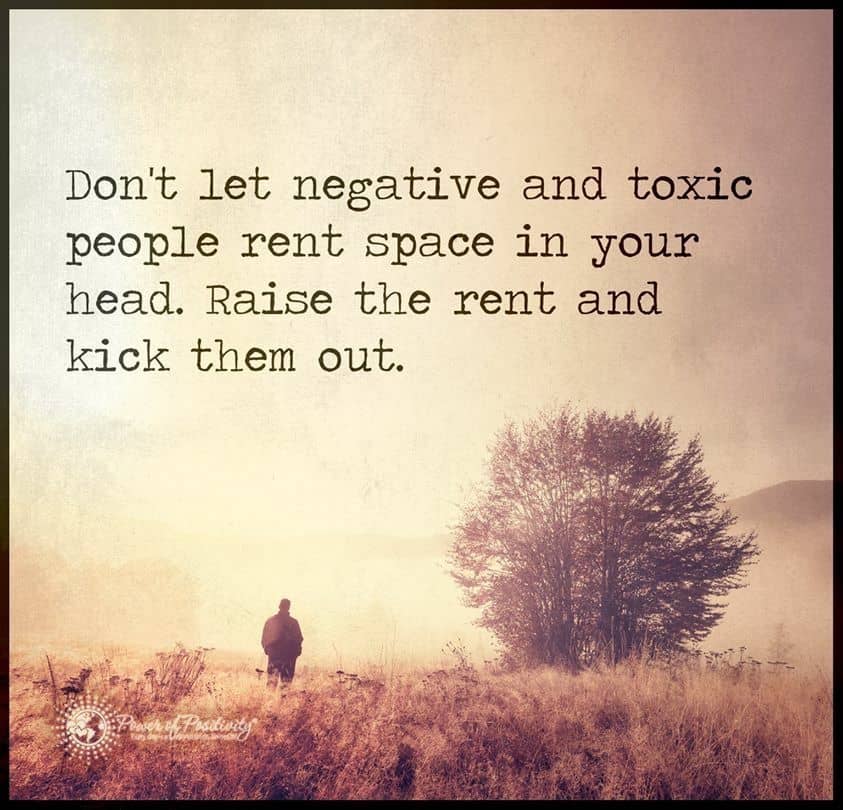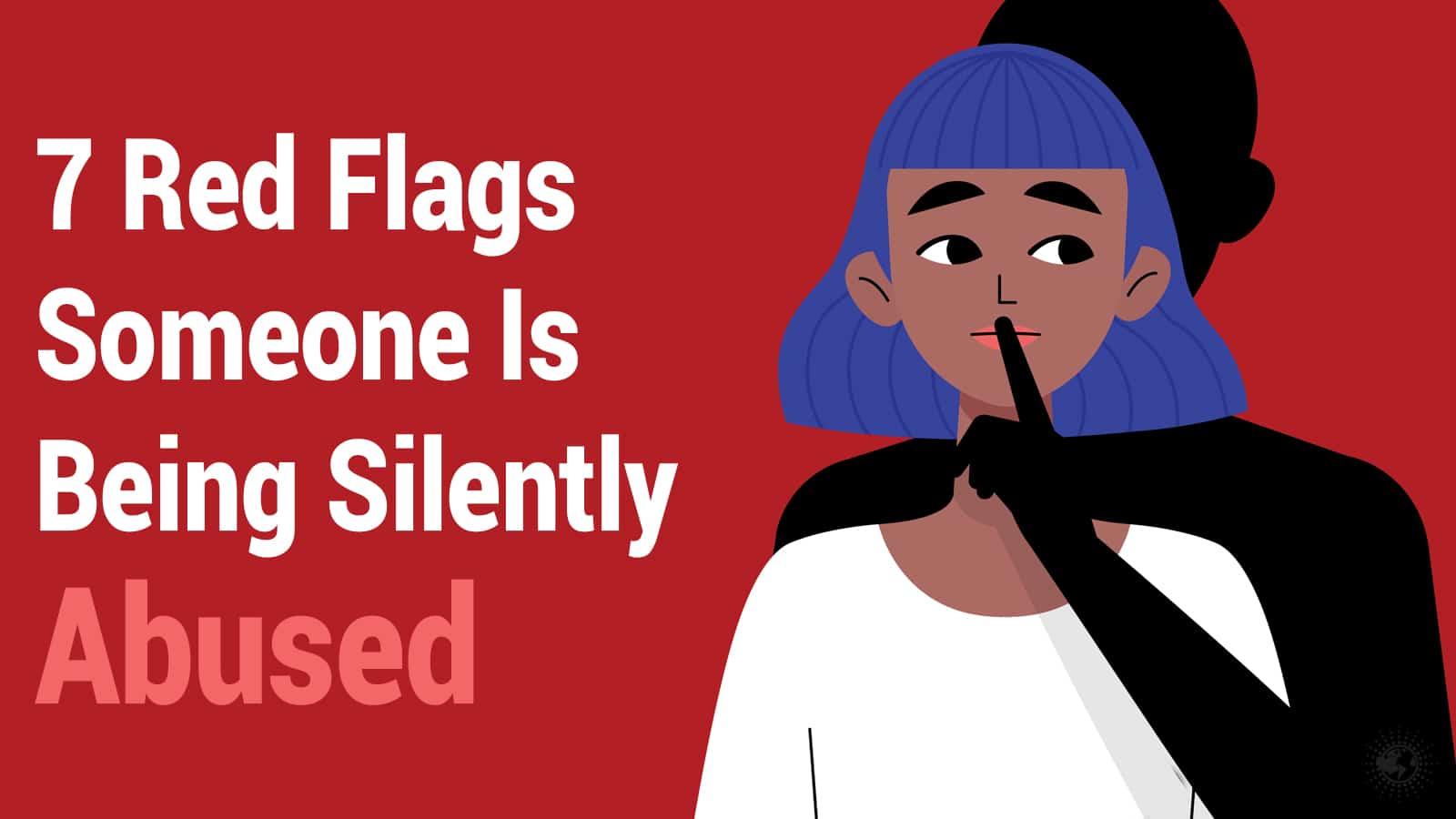Abuse comes in many forms. A person can be a victim of physical, sexual, or emotional abuse, and there’s no type better or worse than the other. While the assault of a physical or sexual attack can bring about pain and blemishes to the body, the words of emotional abuse can linger in your psyche for a lifetime.
Statistics paint a bleak picture in this country, especially since there are more than 5.3 million reported incidents of domestic violence each year. Sadly, most abuse cases are perpetrated by intimate partners, making people more apt to hide the ordeal. When it comes to emotional abuse, it’s hard to put numbers to it since so many suffer in silence.
Being caught in a cycle of abuse is often fearful, and most people don’t know how to escape. They are caught in a vortex because, and in most cases, the perpetrator is a lover or close relative. If they were to come forward and ask for help, it means getting the one they love in trouble, but they need help getting out of this toxic relationship.
Red Flags of Those Being Silently Abused
How do you know if someone is suffering from abuse? How do you reach out and help someone who acts like you’re always overreacting? Those silently abused need someone who can help them, but often they don’t want your assistance.
They will often wait until things get out of hand before they tell someone. Thankfully, there are ways that you can tell that someone is being silently abused and needs you to step in.
 1. They Have Unexplained Bruises/Cuts
1. They Have Unexplained Bruises/Cuts
One of the hallmark signs of physical abuse is unexplained bruises and cuts on the body. They may wear clothes that cover a great deal of their physique, even when the temperatures are scorching outside. They may wince in pain when trying to sit down or move in specific ways.
Black eyes are not uncommon for the person who is silently abused. They may wear sunglasses or have heavy makeup around the eyes, trying to cover any marks. With each attack, the person goes deeper into a shell as they pray for the abuse to end, but they don’t know how to get out of this situation.
If you ask questions about abuse, they may mock your opinions or laugh off what you say. They will protect and defend the person they love as long as possible, even though inside many fear for their life.
2. They Miss Work and Social Engagements
When you’re suffering from abuse, you hardly feel like getting out of bed each day. The average person will miss 137 hours each year due to abuse, yet many just think they have medical problems.
When confronted with their constant absences, they make rude comments or downplay the events. Still, the empty seat at the table or desk where they sit is undeniable. These people do not listen to reason, and they won’t get help until they’re ready.
Whether physical or emotional abuse, this person doesn’t know how to get out of the cyclone that has captured them. The perpetrator often goes from buying gifts to attacking them, and it wreaks havoc on the emotions. Plus, verbally attacked someone is often put on a guilt trip for leaving home as the perpetrator fears someone will find out.
3. Their Self-Esteem Plummets
It’s hard to stay positive and upbeat when someone tells you how horrible you are or how ugly you’ve become. The root of many verbal abuse cases is jealousy. It’s not uncommon for men or women to feel their spouse could leave and find someone new.
So, they try to undermine their self-esteem so that they won’t leave. The core of this problem is a perpetrator with low self-esteem who feels they’re not good enough. However, they project this feeling onto their partner.
This person might become agitated or nervous when their spouse goes out on the town for fear that they might find someone better. They may also be continually accusing their lover of cheating. The problem with verbal abuse is that it almost always escalates into something physical, a double whammy for the victim.
4. Unexplained Weight Loss
When there’s an emotional war going on inside, many people won’t eat. How can you eat when your world is falling apart? A person who is repeatedly told how ugly they are may want to lose weight to stop the abuse by enhancing their looks.
If a person isn’t dieting and working out or doesn’t need to lose any weight, yet there’s a noticeable loss, then it could be a case of being silently abused.
 5. Depression and Anxiety
5. Depression and Anxiety
Whether the abuse was a one-time event or it’s ongoing, it can leave lasting damages mentally. It’s effortless to slip into depression or to have bouts of anxiety when these mental health problems weren’t there before. They silently suffer, and emotional turmoil can be detrimental.
In fact, they want to tell, but they fear the repercussions. They may have been threatened that if they tell anyone they love, or their pets could be hurt. A manipulator will use whatever tactics possible to keep things a secret.
The rude comments made to this person often beat them down to a place of depression. They can become anxious as they fear when the next verbal bashing or physical assault will occur. Without proper treatment, this person can suffer from a total breakdown and require hospitalization.
6. Frequent Trips to the Emergency Room or Doctor
As things progress further into the abuse, they may go to the hospital for broken bones or other significant bodily damages. It’s essential to notice the timeline of new bruises and cuts and when they seek help.
Many victims of a toxic relationship will wait a few days to heal a bit, hoping that they won’t be questioned about the abuse. Their stories will become more outlandish as they try to cover up the truth. They will recant acclaims of falling down the stairs, accidents in the kitchen, or encounters with animals.
With each story and trip to the emergency room, the staff and friends and family start to question what’s going on with this person. Yet, they do not listen to sound reason and continue to hide behind their abuser with each confrontation.
7. Their Partner Makes Appalling Comments in Front of Others
If you are around both parties, you may notice that the perpetrator is always making digs to cut down the other person’s self-esteem. Verbal abuse can escalate to the point where it’s done right in front of others.
The real problem is the perpetrator has low self-esteem and could have an underlying mental illness. There’s something wrong inside of them that drives them to act this way.
They could have suffered from a horrible childhood, as many abused grow up to be abusers. These learned behavior patterns are not always easy to break.
 Final Thoughts: Helping Someone Who Is in a Toxic Relationship
Final Thoughts: Helping Someone Who Is in a Toxic Relationship
There’s nothing like the feeling of helplessness when someone you care about is being abused. Though it may be your first instinct to “save them”, it’s not that simple. The best thing you can do is to continue to be a person they can turn to, and a friend they can trust. There are many ways you can be there for a survivor you care about:
• Read Domestic Violence Resources
The best way to help someone you care about is to educate yourself on the topic. There are many ways that abuse appears and there are many reasons why people stay in abusive relationships. Learning about the stages of change. that they go through is incredibly helpful. You may feel the need to rush them, but healing and change aren’t linear, nor is it something that can be done overnight. Katie Ray-Jones, president of the National Domestic Violence Hotline and the National Dating Abuse Helpline, says that it takes survivors an average of seven attempts at leaving an abusive relationship before leaving for good.
• Be Their Friend
It’s important to remind them that you’re a constant friend. Someone, they can rely on in happy and hard times. Be the friend they can talk to about hobbies, work, school, kids, relationships, health, current events, etc. It gives them an opportunity to get outside of the trauma they’re experiencing. And keep in mind, that other times they may want to talk about their experiences, to cry, to vent, to share… allowing them to trust you in this process is incredibly helpful.
• Provide Emotional Support
Emotional support comes in many different forms. Listening without judging. Supporting their decisions. Discussing resources and options. It’s important to be in the moment and listen carefully to what they may need at the moment. It’s not always the time and place to bring up leaving, but it is always the time to let them know that you’re there for them and that help is available when they’re ready.
• Know Your Place
You are not responsible for getting them out of their relationship, nor are you able to do so. The right thing, and sometimes not the easy thing, is to just support them rather than try to save them. The best way to support is going back to basics: be their friend and offer your help when they need it.

















